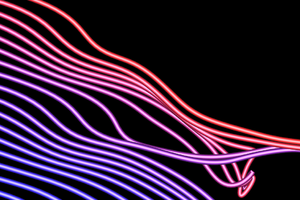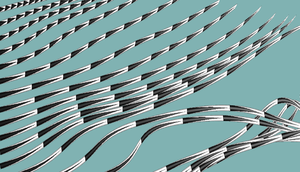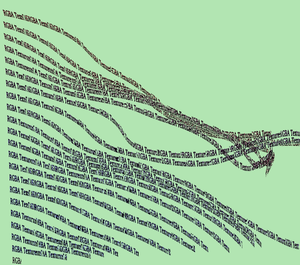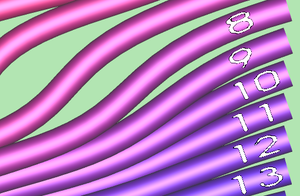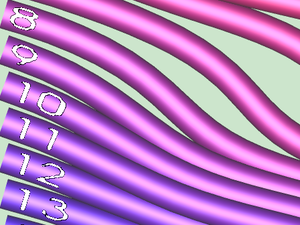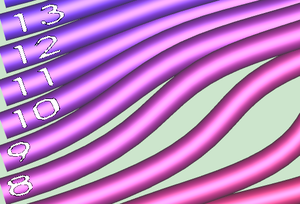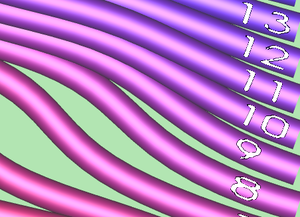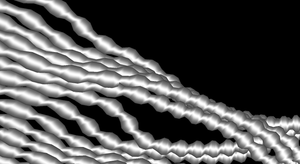User:Sylvain: Difference between revisions
From KitwarePublic
Jump to navigationJump to search
No edit summary |
No edit summary |
||
| Line 13: | Line 13: | ||
[[Image:TubePainter.png]] | [[Image:TubePainter.png]] | ||
===Streamlines with a cylinder reflection model=== | ===Streamlines with a cylinder reflection model=== | ||
[[Image:TestTubeActorStreamLines.png|thumb]] | [[Image:TestTubeActorStreamLines.png|thumb]] | ||
===Streamlines with arrows=== | ===Streamlines with arrows=== | ||
[[Image:TestArrowTubeActor.png|thumb]] | [[Image:TestArrowTubeActor.png|thumb]] | ||
===Streamlines with RGBA texture=== | ===Streamlines with RGBA texture=== | ||
[[Image:TestTextureTubeActor.png|thumb]] | [[Image:TestTextureTubeActor.png|thumb]] | ||
| Line 27: | Line 30: | ||
[[Image:TestCellIdTubeActor0.png|thumb]] | [[Image:TestCellIdTubeActor0.png|thumb]] | ||
[[Image:TestCellIdTubeActor1.png|thumb]] | [[Image:TestCellIdTubeActor1.png|thumb]] | ||
[[Image:TestCellIdTubeActor2.png|thumb]] | [[Image:TestCellIdTubeActor2.png|thumb]] | ||
[[Image:TestCellIdTubeActor3.png|thumb]] | [[Image:TestCellIdTubeActor3.png|thumb]] | ||
===Streamlines with a varying radius=== | ===Streamlines with a varying radius=== | ||
[[Image:TestStreamLinesVaryingRadius.png|thumb]] | [[Image:TestStreamLinesVaryingRadius.png|thumb]] | ||
Revision as of 22:21, 31 August 2007
Redesign of VTK
The next version of VTK will support OpenGL 2.0 and GPU Filters. The illustration below shows the new Rendering Pipeline of VTK.
Error creating thumbnail: Unable to save thumbnail to destination
Streamline Visualization on the GPU
Lines are converted to Triangle Strips on the CPU. Then the Vertex Shader orients the triangle strips to face the camera. Finally the Fragment Shader colors the pixels based on the reflection equation on a cylinder. The resulting image can be textured with arrows, text, or numbers to convey additional information.
Error creating thumbnail: Unable to save thumbnail to destination
Streamlines with a cylinder reflection model
Streamlines with arrows
Streamlines with RGBA texture
Streamlines with numbers
Note that the numbers are oriented correctly on the Vertex Shader. The text always faces the camera even during rotations.
Error creating thumbnail: Unable to save thumbnail to destination
